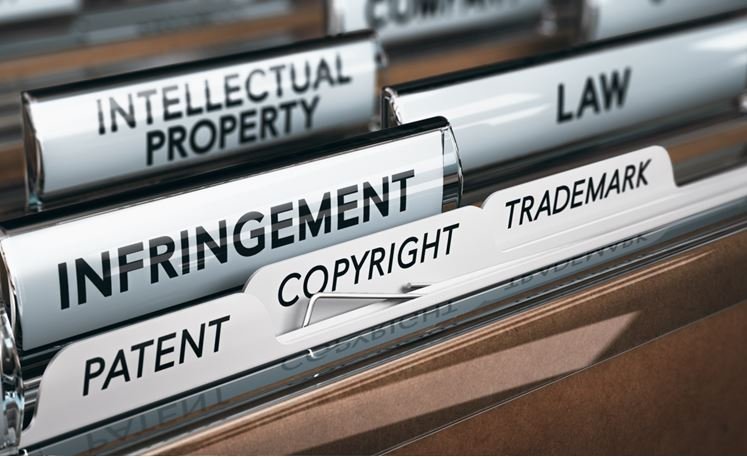More than 1.8 million people applied for trademarks in 2020, and a trademark is just one of several legal protections you can get to protect intellectual property.
Are you wondering how to protect your intellectual property?
If so, you might want to learn the difference between a trademark vs. copyright.
While these have similarities, they also have differences. You can learn about these differences by reading this guide.
Trademark vs. Copyright: The Similarity
Intellectual property is popular worldwide, but it’s very different from tangible property. As a result, it’s harder to protect intellectual property than tangible property.
So, what is intellectual property? The answer is that it’s things you want to protect that you can’t touch or physically handle. Instead, it’s an idea, thought, or invention.
Trademarks and copyrights offer protection for this type of property. In other words, these offer legal protection and ownership rights for these types of things.
If you want to get a trademark or copyright, you should hire a trademark attorney. The attorney can research your idea to determine if it’s unique, new, and available for a trademark or copyright.
The attorney can also answer your questions and help you determine which option is best for you.
What Is a Trademark?
This trademark guide can help you understand the basics of trademarks. What ideas or things can you trademark? Here are some examples:
- Company logos
- Brand names
- Business names
- Company slogans
Trademarks offer legal protection for things related to a business. They set a business apart from other companies.
For example, if you see a famous business logo, you probably recognize what company uses that logo. You know this from brand recognition.
When a company trademarks this logo, no one else can use it for business purposes. Therefore, other companies or people can’t make money from this logo. Instead, they must choose their own.
When you want to create and trademark these things for your business, your lawyer begins the process by determining if that wording, picture, or branding is available for use.
What Is a Copyright?
This copyright guide can help you learn about copyrights and how they differ from trademarks. A copyright is a legal protection for a different form of intellectual property. Here are some examples of what a copyright protects:
- Songs
- Lyrics
- Books
- Poems
- Computer software
As you see, these are different forms of intellectual property, and they prohibit others from duplicating these things or profiting from them.
For example, if you develop a new software program, you should copyright it to prevent other software developers from copying it. If they copy it and begin distributing it, they’ll make money from your idea.
Learn the Differences Before Choosing One
As you learn more about a trademark vs. copyright, you’ll see which option is the best for your intellectual property needs. If you want the best protection, talk to a lawyer that specializes in this branch of law.
Did you enjoy learning the differences between a trademark and a copyright? If so, check out other articles on our site.

